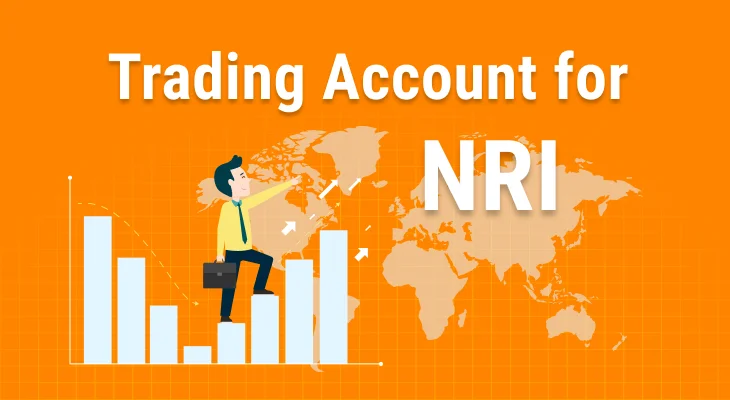Starting a business can be a daunting task, but finding the right funding can make all the difference. Venture capital funding is one of the most popular forms of financing for startups. However, like any source of funding, it has its pros and cons. In this article, we will discuss the advantages and disadvantages of venture capital funding for startups.
Pros of Venture Capital Funding

- Access to Capital: Venture capital firms have a large pool of capital that they can invest in your business. This can help you fund your business operations, hire employees, and invest in research and development.
- Mentorship and Guidance: Venture capitalists are experienced investors who have helped numerous startups succeed. They can provide valuable mentorship and guidance, helping you avoid common mistakes and make better business decisions.
- Networks and Connections: Venture capitalists have extensive networks and connections within the industry. They can help you connect with potential customers, partners, and investors, which can be crucial for the success of your business.
- Accelerated Growth: With access to capital and mentorship, startups that receive venture capital funding can often grow faster than those that don’t. This can help you achieve your business goals more quickly.
- Exit Strategy: Venture capitalists typically invest with the intention of making a profit. This means that they will work with you to create an exit strategy, such as an initial public offering (IPO) or acquisition by a larger company.
Cons of Venture Capital Funding
- Loss of Control: When you accept venture capital funding, you are giving up a portion of your company in exchange for the investment. This means that you will have less control over the direction and decision-making of your business.
- High Expectations: Venture capitalists expect a high return on their investment, which can put pressure on your business to perform. This can lead to short-term thinking and a focus on profitability over long-term growth.
- Time-Consuming: The process of securing venture capital funding can be time-consuming and distracting. You will need to prepare a detailed business plan, pitch your idea to investors, and negotiate the terms of the investment.
- Costly: Venture capital funding can be expensive. In addition to giving up a portion of your company, you may also be required to pay high fees and interest rates on the investment.
- Risk of Failure: Not all startups succeed, and if your business fails, you may be left with significant debt and a damaged reputation. Venture capital funding can increase the risk of failure by putting additional pressure on your business to perform.
Venture capital funding can be a valuable source of financing for startups, providing access to capital, mentorship, and networks. However, it is important to weigh the pros and cons before accepting this type of funding. Losing control over your business, facing high expectations, and the risk of failure are all important factors to consider. Ultimately, the decision to accept venture capital funding should be based on your business goals and your willingness to take on the associated risks.




